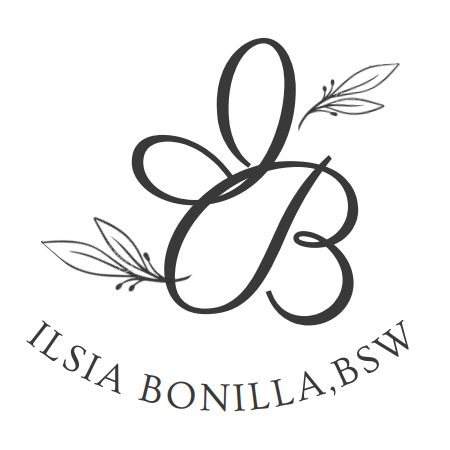Engage in Practice-Informed Research and Research-Informed Practice
To effectively serve my clients, I must be knowledgable of the most recent evidence-based strategies. Being informed of new research can improve my practice by choosing the best interventions or strategies for my clients. As I transition into a Master level social worker, I must be capable of conducting and disseminating my own research to address the needs of the community I am serving. I am committed to be a continuous learner and improve my practice by engaging in policy practice at micro, mezzo, and macro levels.
Practice Behaviors:
4A- Critically review current research on evidence based and contemporary best practices to improve practice, policy, and programs
Course Evidence: In the course School Social Work Emphasis II, I completed a School Problem Assessment and Policy Analysis that focused on school engagement, attendance, and dropout prevention. Through this process, I reviewed current research to suggest evidence-based interventions to improve these three specific categories. Many of these interventions focused on building positive relationships between surrounding communities, improving teacher-student interactions, and implementing a Check and Connect mentor program. These interventions can be found on pages 4-7 on the link above. On pages 8-9, you will find a proposal for change that suggest increasing the dropout age to 18. The suggestions made were based on my understanding of the current research I reviewed on dropout prevention and engagement.
4B- Conduct and disseminate research that responds to social work practice needs and uses ethical, culturally informed, anti-racist, and anti-oppressive strategies to advance the purposes of social work
Course Evidence:
In the course, Administration Practice: Program Development my group and I completed a policy and advocacy action plan in response to the high demand of teen pregnancy resources in Tunica, Mississippi. In order to make sure the project was appropriately addressing the high demand, we needed to further understand the needs and perceptions of the community. A research question was developed along with a methodology of how the research was conducted. As a result of conducting and disseminating research, we were able to take ethical considerations, be culturally informed of the status of the community, and use anti-racist and anti-oppressive strategies to implement the Building Stronger Parents Project.
Click here and scroll to pages 15-20 to read more about the research behind the Building Stronger Parents Project.
Skills Used: Research, organization, critical thinking, collaboration, implement, and time-management.
Knowledge Used: I relied on my knowledge acquired from my Advanced Administration courses, Social Work Emphasis, and literature.
Values Present: Social justice, competence, importance of human relationships.
Cognitive Process Used: For these tasks, I had to formulate, organize, research, and support information.
Affective Process Used: For these tasks, I had to revise, compare, and share information.
Theoretical Foundation Used: I used the Information Processing Theory because I had to educate myself on the current view of the problem then process my belief on it to come to an understanding to move forward.
